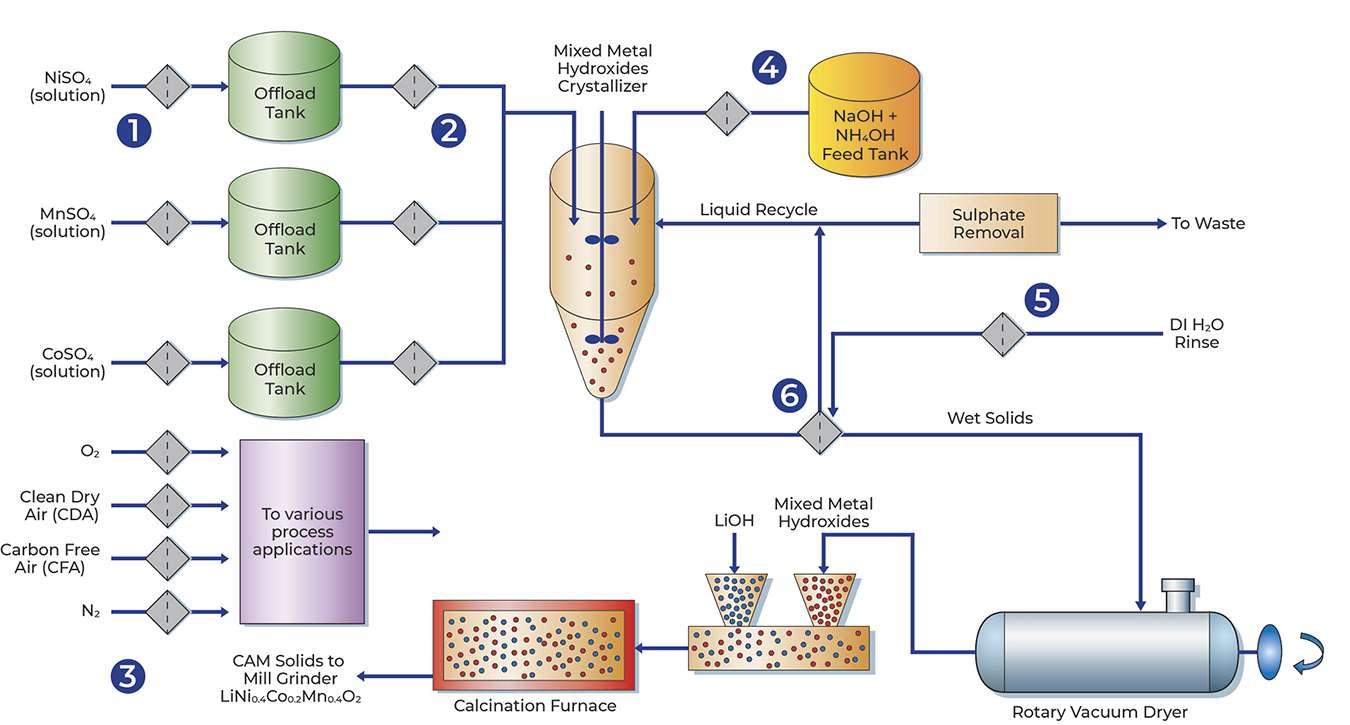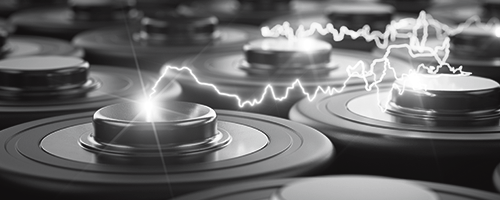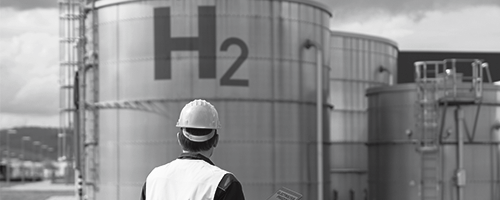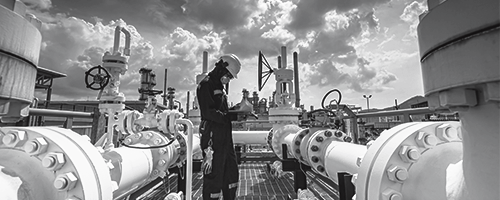
Optimizing Cathode Active Materials (CAM) Filtration for Enhanced Product Quality, Cost Efficiency, and Environmental Impact Reduction
March, 2024
Cathode-active materials (CAM) and anode-active materials (AAM) are crucial in determining battery performance, cost, and lifespan. As the battery technology industry grows and environmental concerns increase, CAM manufacturers face the challenge of improving sustainability while maximizing product quality. This blog will explore how efficient filtration can help CAM manufacturers achieve these improvements.
Challenges in CAM Filtration
Filtering CAMs presents significant challenges, including reliability, safety, environmental impact, and filter performance. Current separation technologies like filter press, centrifuge, and belt filters may not be as efficient as absolute-rated filters. Additionally, these processes consume considerable energy and result in product yield losses. The manual collection and rinsing processes involved in CAM filtration pose safety risks to workers and increase environmental exposure to waste materials. Moreover, using harsh solvents, filter waste, sulfate tailing, and toxic residues raises environmental concerns and costs. The high surface area and sticky nature of CAM particles can also lead to clogging, reducing filtration efficiency and increasing filtration time. In some cases, tiny particles may bypass filters, contaminating downstream processes.
Pall Filtration Solutions
With our extensive application knowledge and diverse product range, we can address each specific challenge related to CAM filtration and enable CAM producers to achieve high product quality, reliability, and yield while reducing production costs and ensuring a safe work environment. Our solutions minimize manual exposure risks by employing an automated single-stage process utilizing a regenerable cartridge filter to collect the precipitated metal hydroxides before calcination. Furthermore, our solutions contribute to reducing CO2 emissions throughout the CAM production process.
CAM filtration at various stages
Filtration locations in the CAM manufacturing process
| Filter | Application | Filtration Value | Pall Product |
|---|---|---|---|
| 1 | Metal Sulfate Solutions to offload tank | Meet high purity specs for CAM Production | Metal Mesh Filter |
| 2 | Metal Sulfate Solution to Crystallizer | Meet high purity specs for CAM Production | 4.5 µm Filter |
| 3 | Gas Filtration (O2, CDA, CFA, N2) | Remove fine particles from gasses | 0.3 µm Filter |
| 4 | NaOH + NH4OH | Remove undissolved salts, iron oxides and other solid contaminants | 0.5 µm Filter |
| 5 | DI Water | Reduce dissolved metals and solid fines in CAM slurry | 0.2 µm - 10 µm Filter |
| 6 | Collection of precipitated mixed metal hydroxides intermediate product | Meet product quality spec with higher reliabllity & higher yeild by ensuring safe work environment through automated single stage process | Automated regenerable cartridge |
Benefits of Pall's Filtration Solutions:
- Enhanced Product Quality: Our filtration solutions ensure the desired purity and particle size of CAMs, optimizing battery performance and meeting the specifications of EV battery manufacturers.
- Cost Efficiency: By improving filtration efficiency and reducing product yield losses, we help CAM manufacturers lower production costs.
- Safety and Environmental Sustainability: The automated single-stage process eliminates manual handling of CAMs, reducing worker exposure to hazardous materials. Additionally, our solutions minimize harsh solvents and toxic residues, making the filtration process more environmentally friendly.
Contact Pall today to learn more about how our filtration solutions can benefit your CAM manufacturing process.
Subscribe to our blog to stay up-to-date on the latest insights and trends
- Category
- Author
- Sort By








